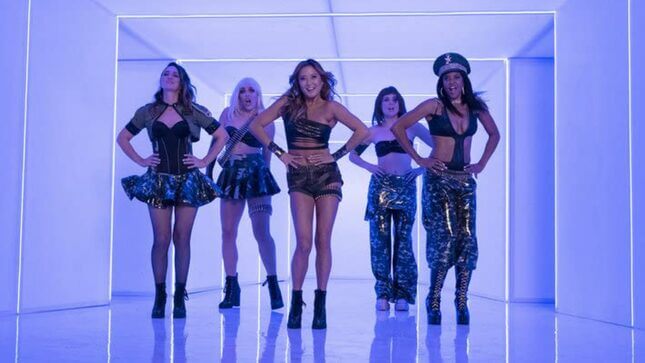Girls5eva Is a Surprisingly Hilarious Show About the Messed Up Girlhoods of Older Millennials
EntertainmentTV

I realized Tina Fey must not be for me in 2015, when I finally got around to reading her memoir Bossypants and got to the part in which she describes her reaction to Saturday Night Live castmate Colin Quinn allegedly calling her a cunt: “You don’t get to call me that. My parents love me and I am not the child of alcoholics who take that shit.”
I don’t mean that line made me realize I didn’t like Tina Fey, it made me realize that Tina Fey saw us as two different types of women. She, a person with dignity, and myself an unloved child of alcoholics who takes that shit. Once I saw it, I couldn’t unsee it in the book, from her belief that having an admirable father was a major, and seemingly necessary, contributor to being a “girlboss,” to an implied warning to her daughter that “damage” would invite molestation from her soccer coach. But as I realized Tina Fey didn’t think much of me, culturally, America also started to reconsider our collective esteem for the feminism of Tina Fey, noticing the mean-spirited and sometimes racist punching down in The Unbreakable Kimmy Schmidt, co-created by Fey, and finally questioning things like the use of blackface in the Fey-fronted NBC sitcom 30 Rock. And it was with this idea—that it might not be “for me”—in mind that I reluctantly tried Peacock’s Girls5eva, produced by Fey but written and created largely by Kimmy Schmidt and SNL alum Meridith Scardino, only to find that it is for me—a person who came of age in the early 2000s, specifically—and is also pretty fucking great.
-

-

-

-

-

-

-

-

-

-

-

-

-

-

-

-

-

-

-

-

-

-

-

-

-

-

-

-

-

-

-

-

-

-

-

-

-

-

-

-








































